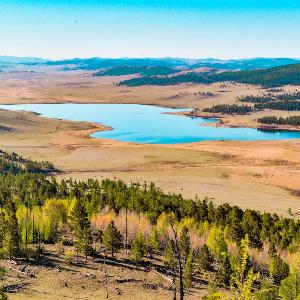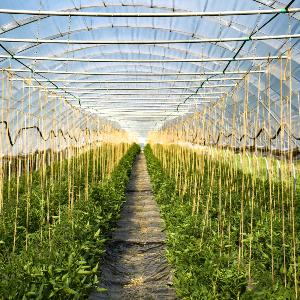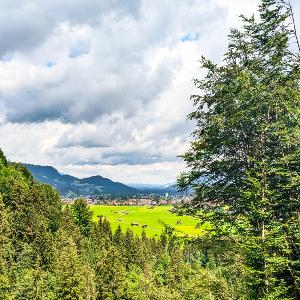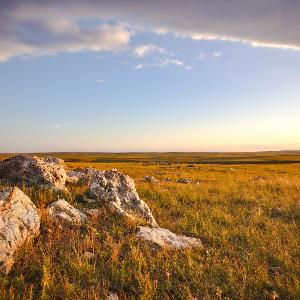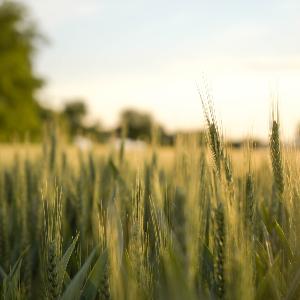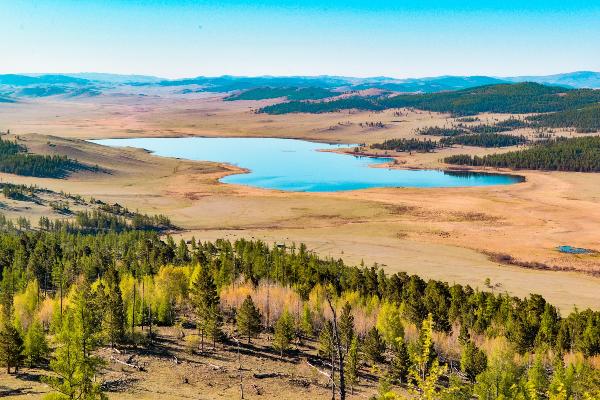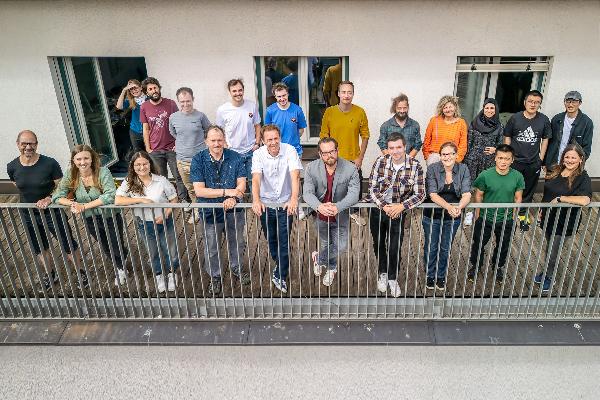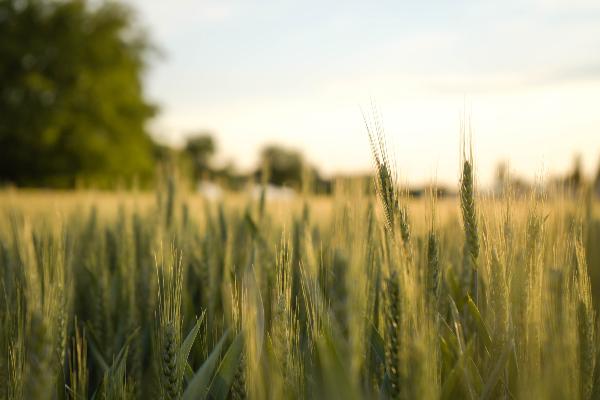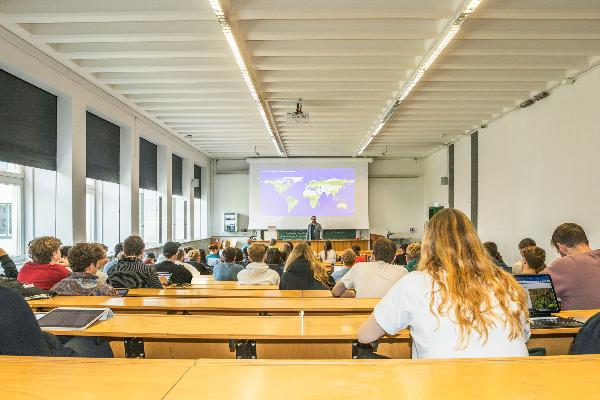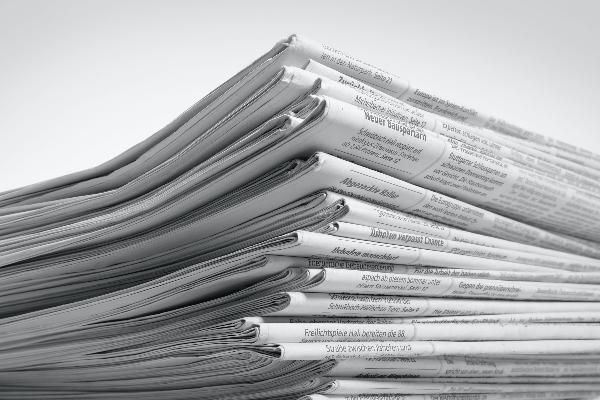Physical Geography and Nexus Research
We investigate complex environmental systems with regard to causes, effects and the management of global change processes.
Working groups
Chair of Physical Geography and Nexus Research
The Chair of Physical Geography and Nexus Research is currently substituted by Prof. Dr. Uta Schirpke researches the effects of global change on ecosystems and human well-being.
Working Group for Physical Geography and Remote Sensing
The Physical Geography and Environmental Remote Sensing working group lead by Prof. Dr. Lukas Lehnert conducts research into environmental applications of remote sensing systems at various scales. A special focus is on drylands.
Working Group for Physical Geography and Environmental Modeling
The Physical Geography and Environmental Modelling working group lead by Prof. Dr. Ralf Ludwig deals with the modeling of hydrological systems and climate ensembles. The modeling is supported by globally distributed measurement networks.
Working Group for Hyperspectral Remote Sensing
The Hyperspectral Remote Sensing and Process Modeling group led by Prof. Dr. Tobias Hank develops spectroscopic evaluation methods for quantifying the spatial and temporal dynamics of Earth surface variables.
News & Events
-
 We are bringing the sounds of nature to the big city
We are bringing the sounds of nature to the big city...and we need your help to do so! Interested in a conducting a fun student research project with us?
-
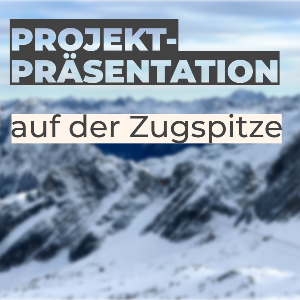 Project presentation with a view
Project presentation with a viewDr. Christoph Jörges organises a seminar conclusion for his students at the Schneefernerhaus on the Zugspitze.

